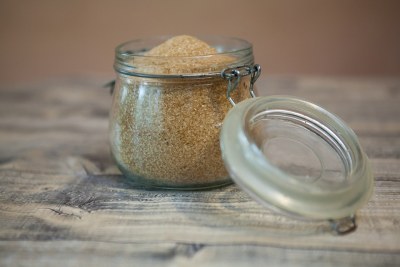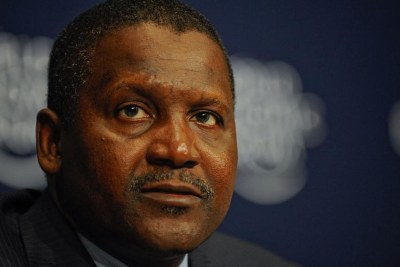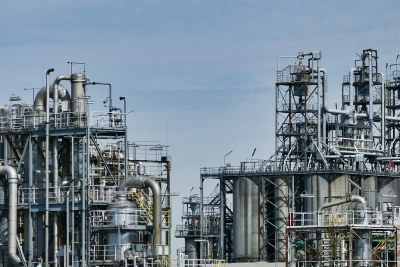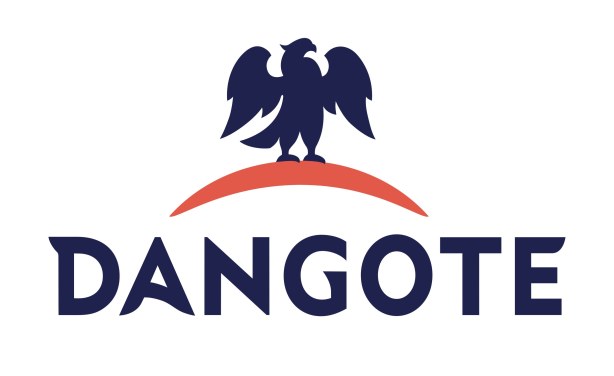-
Nigeria: Industrial Policy Paved the Way for Dangote's Empire. Why It Didn't Deliver for All Nigerians
The Conversation Africa, 31 October 2021
Dangote Industries Limited dominates the Nigerian cement market and is a key player in the rapidly expanding African cement business. The conglomerate has also expanded its… Read more »
-
Nigeria: Why I Dumped Trading for Manufacturing - Dangote
This Day, 9 September 2021
The President of the Dangote Group, Mr. Aliko Dangote, explains why he jettisoned the easy way of making money from buying and selling of commodities to venture into the much… Read more »
How Nigeria's Industry Policy Paved Way for Dangote, Not Others
Nigeria's backward integration policy was introduced in 2002 and operated through tariffs, levies and tax breaks. Backward integration means that rather than buying from outside, firms manufacture their own inputs. An example of this would be if sugar mills own sugarcane farms, they are said to have diversified through backward integration.
The policies were initially designed for cement and beverages. They were later extended to sugar, rice, tomato paste, automotive, oil, gas and textiles.
Africa's richest man, Aliko Dangote's Dangote Industries Limited, dominates the Nigerian cement market and is a key player in the rapidly expanding African cement business. The conglomerate has also expanded its manufacturing activities in a range of food processing industries such as sugar and salt. This expansion has made it the biggest group listed on the Nigerian Stock Exchange.
Dangote might be an example of a successful and dynamically expanding manufacturing firm in Nigeria. But structural transformation across the Nigerian economy remains very limited.
Chistina Wolf and Richard Itaman for The Conversation asks if the rise of Dangote's group is an illustration of a successful industrial policy?
InFocus
-
Dangote Group, Flour Mills, and BUA Group are currently locked in a bitter war over multiple issues relating to their interests in cement and sugar. Chairman of Dangote Group ... Read more »
-
Aliko Dangote remains Africa's richest man and the richest black man in the world for nine years in a row, with a net worth of more than U.S.$10 billion. The Nigerian businessman's ... Read more »
-
Sometimes the best plans can be thwarted, particularly when the world is in the grip of a pandemic such as Covid-19. Africa's richest man, Nigerian Aliko Dangote's plan to provide ... Read more »






